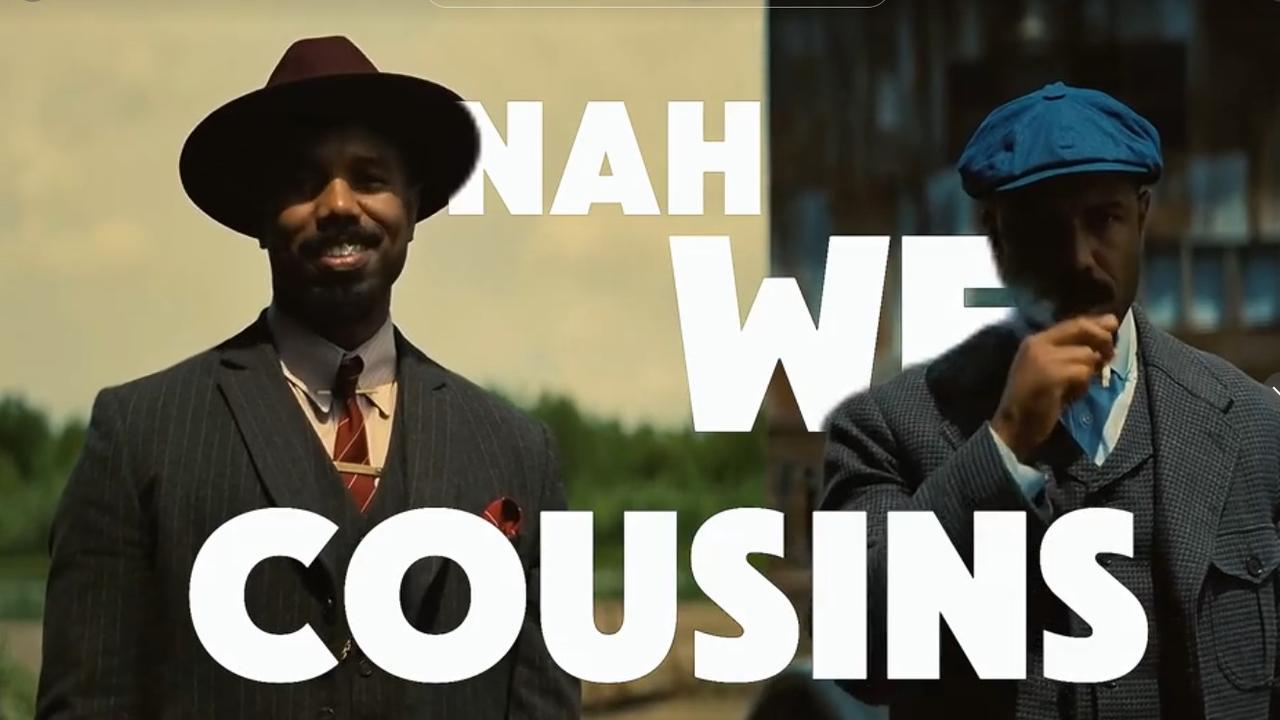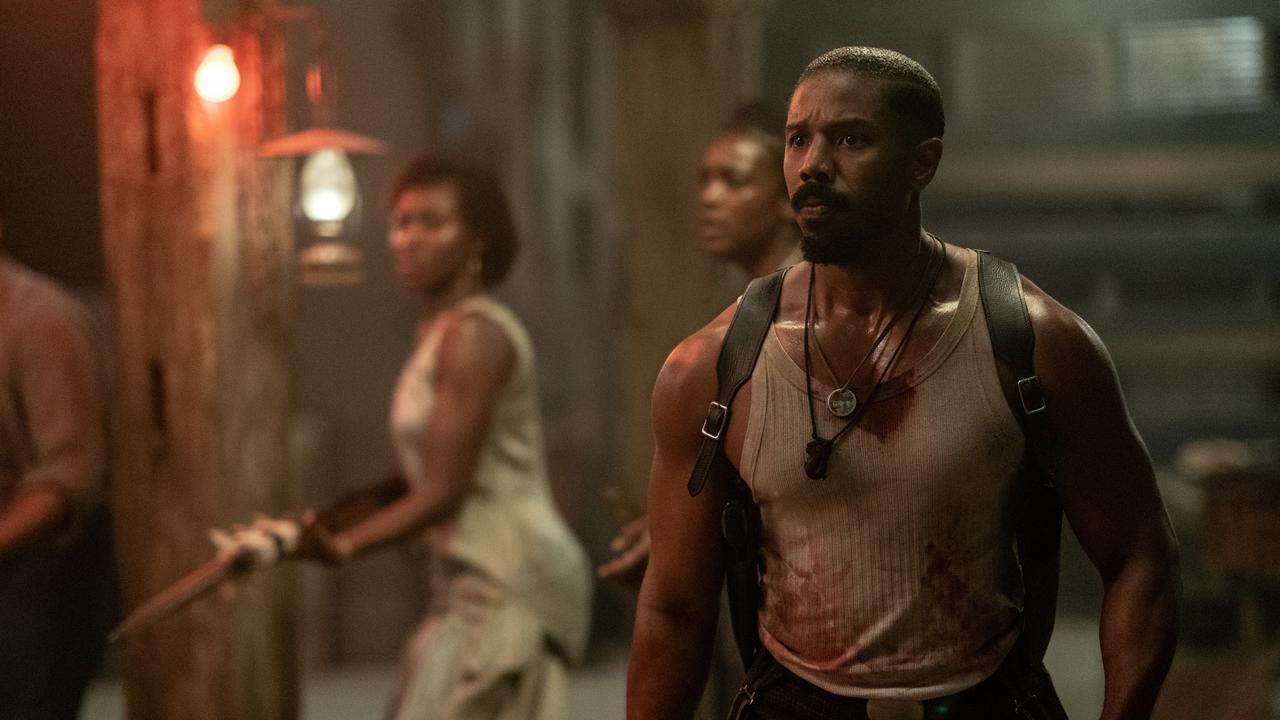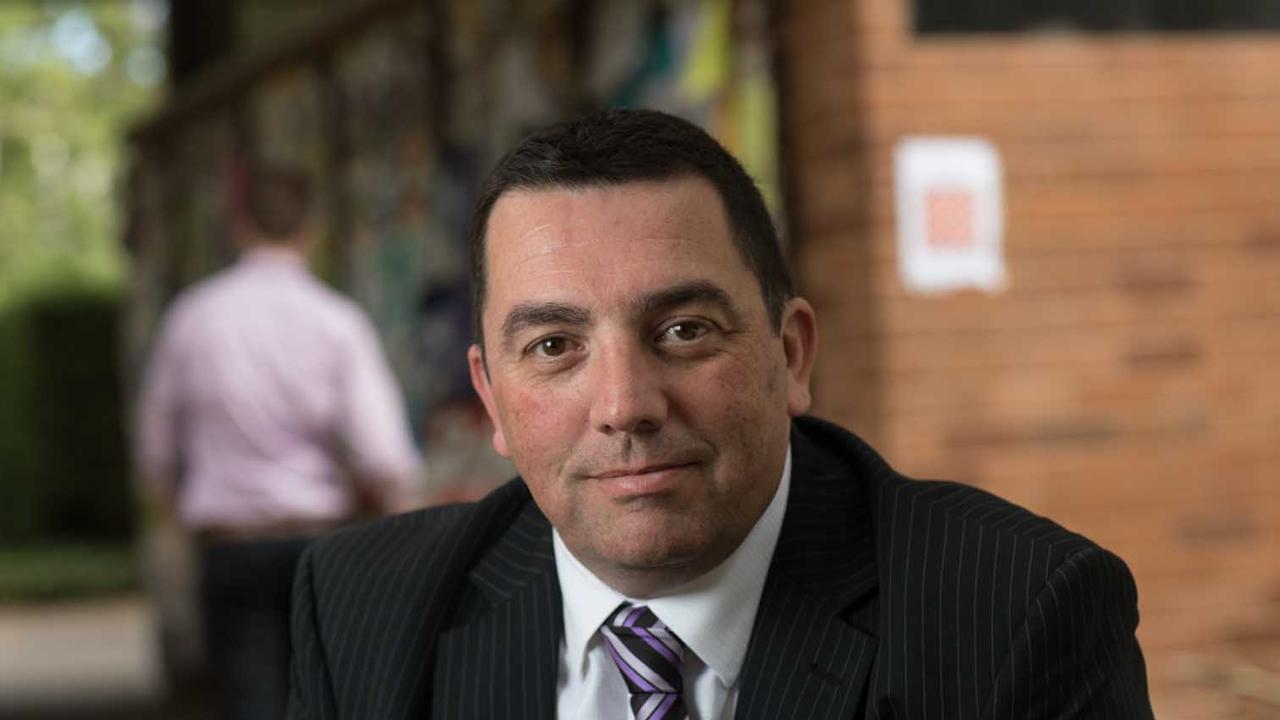‘Very, very questionable ethically’: Dodgy movie marketing hits social media sites
A new type of advert has appeared as you scroll through social media – experts are now sounding the alarm.
Online
Don't miss out on the headlines from Online. Followed categories will be added to My News.
It’s a recent but common phenomenon, you’re scrolling through Instagram or TikTok when you get a reel for a recently released movie or TV show, it’s crudely edited, maybe even an AI mashup of readily available material like trailer and teaser videos. Yet it draws you in and gives you the push you needed to watch on streaming or go and see it in cinemas.
Such reels posted on “ghost” accounts, arrive out of nowhere with no official branding, are mass produced, and may not even appear like an advertisement.
But some believe they are.
Are ‘ghost-edits’ the newest form of dodgy advertising? And are they even legal?

Australian National University marketing expert Dr Andrew Hughes says the phenomenon represents the core difficulty that lays at the heart of marketing – as soon as audiences know they are being marketed to it becomes significantly more difficult to market to them successfully.
Social media and its ‘wild west’ regulations are proving the new frontier for marketers to get around this and it’s a technique that Dr Hughes says “is ethically very, very questionable.”
“If I see Warner Brothers Studios on like an official account and it’s got the blue tick and everything, I’m like, it’s just an ad and I’ll skip it,” Dr Hughes told news.com.au.
“But if I see it’s from say username156, I might go, oh okay, this is interesting. Maybe they’ve got their own take on it.

“So it seems to be more authentic and more honest and probably a lot more trustworthy than an ad. Because I probably won’t trust the ad to tell me whether it’s a good movie or not, and that’s why they’re doing it.
“It’s better than an ad because if that was an ad and you knew it was an ad, you’d be going, ‘oh, this is just a trailer for an upcoming movie or an upcoming show’ and you get out of it. But this is a lot more powerful and has a lot more impact and an influence on your behaviour.”
In Australia content that is sponsored in any form must contain an indication that the content is an advertisement.
However its an area Dr Hughes says our advertising regulator, the Australian Competition & Consumer Commission (ACCC) is incredibly weak in.
“The ACCC are so weak in this area. There’s been very few cases I can think of where they’ve actually taken action against people, and all they usually do anyway is they take it down. They don’t fine you. You’re not going to face a court somewhere or a judge. You don’t have to explain why you’ve done it.”

A spokesperson from the Australian Competition & Consumer Commission (ACCC) said they were unable to comment on the specific phenomenon but that “under the Australian Consumer Law (ACL), a party that is carrying on a business, should not engage in misleading or deceptive conduct”.
They added the creation of social media content by burner and ghost accounts is – in its current form – unlikely to contravene the ACL, leaving the social media giants to essentially self regulate.
It’s a gap between legislation and ethically marketing Dr Hughes said is becoming extremely problematic.
“Legally, they’re fine to do it … in terms of the ethics, it’s highly questionable because they know what they’re doing. This is someone with marketing knowledge, someone who knows this theory, someone who knows the effect of it.

“They’ve designed this communication. These are burner accounts, in other words, you can set them up very quickly and then kill them very quickly as well and there’s virtually no evidence they existed.
“It’s ethically very, very questionable. They shouldn’t do it. But then again, they won’t be the first or last organisation or brand to have done it.”
Dr Hughes said ironically the best way to tell if content is studio approved is to check how long it’s been up for.
“Nine times out of 10, the bigger brands in entertainment and content production will take down content if they don’t approve it personally. So that’s the giveaway, that’s how we spot it. Most of the bigger brands will go, ‘yeah, no, you can’t post that it’s copyright. That’s our movie or our entertainment product’ and they’ll get it taken down very quickly.”

“Now when I see content, the first thing I ask myself is: ‘okay, so why is the big content owner of this letting this stay up?’ And usually the reason why is because it comes from that organisation.”
Because the content is coming from burner accounts it’s almost impossible to link to official marketing campaigns and studios however Dr Hughes says to the consumer there is “no practical difference” between if the content is studio produced or merely allowed to stay up by the studio.
“It’s the same thing. The outcome’s the same for the consumer, it’s to obtain a change in the consumer behaviour, where they buy the product or adapt the behaviour being specified or influence their preference towards the brand.
“So if it’s an [agency, brand or unaffiliated content producer] doing it, it doesn’t really matter in terms of the person behind it, they still need to be identified as marketing to the consumer.” The issue currently falls between the cracks of Government agencies, federal law and the social media giants self-regulations. But Professor of Media Studies at Monash University Mark Andrejevic, says a legislation change needs to be eyed up in order to put the onus back on the social media giants to not allow unethical marketing to take place on its platforms.
“I think to the extent that [social media] platforms are behaving as publishers, which means the extent that they’re making active decisions about what content to pump into our feeds, that they, in a regulatory sense, should be held responsible for that.
“They’re not going to … they won’t self-regulate. I don’t think we can rely on them to do that. So where we do see real social harms obtained from the specific ways in which they push information at us, I think the only response is to regulate them.”
The offices of Minister for Competition Andrew Leigh, Minister for Communications Anika Wells and Minister for Finance Katy Gallagher all declined to this masthead’s request for comment.
Originally published as ‘Very, very questionable ethically’: Dodgy movie marketing hits social media sites








